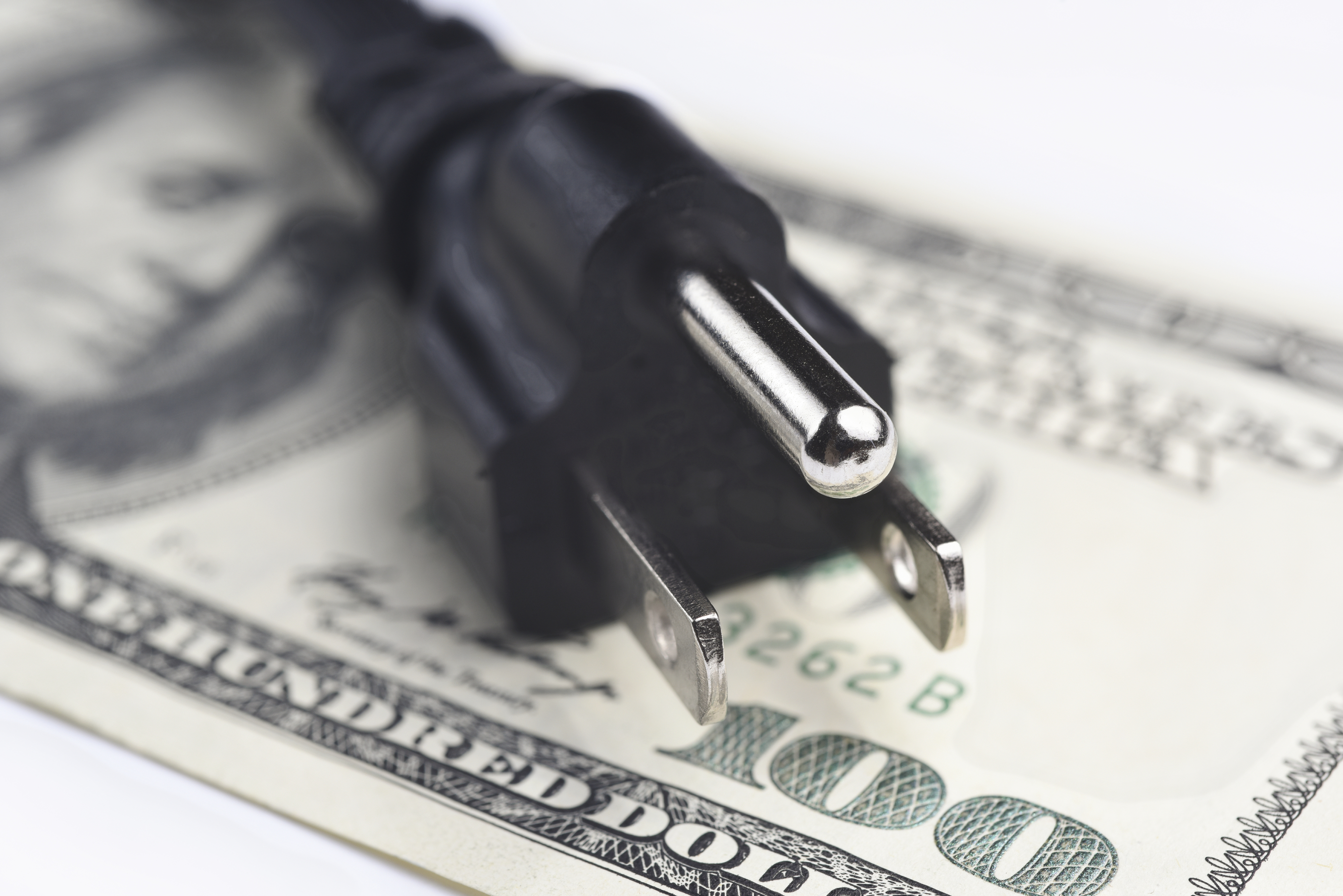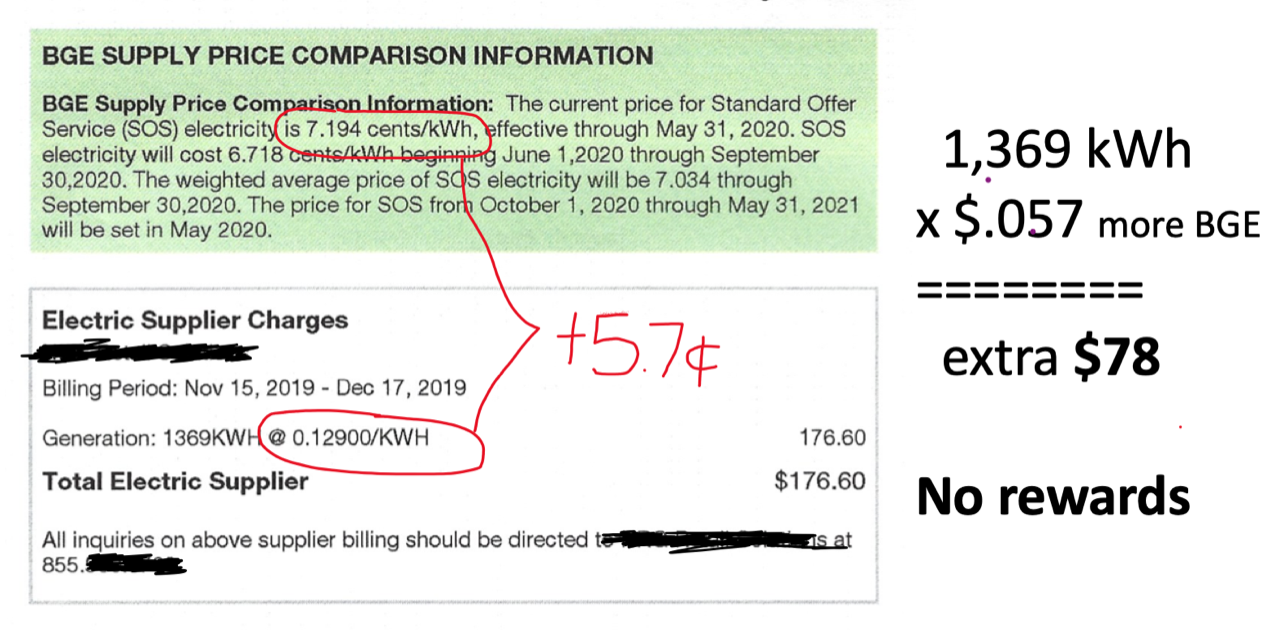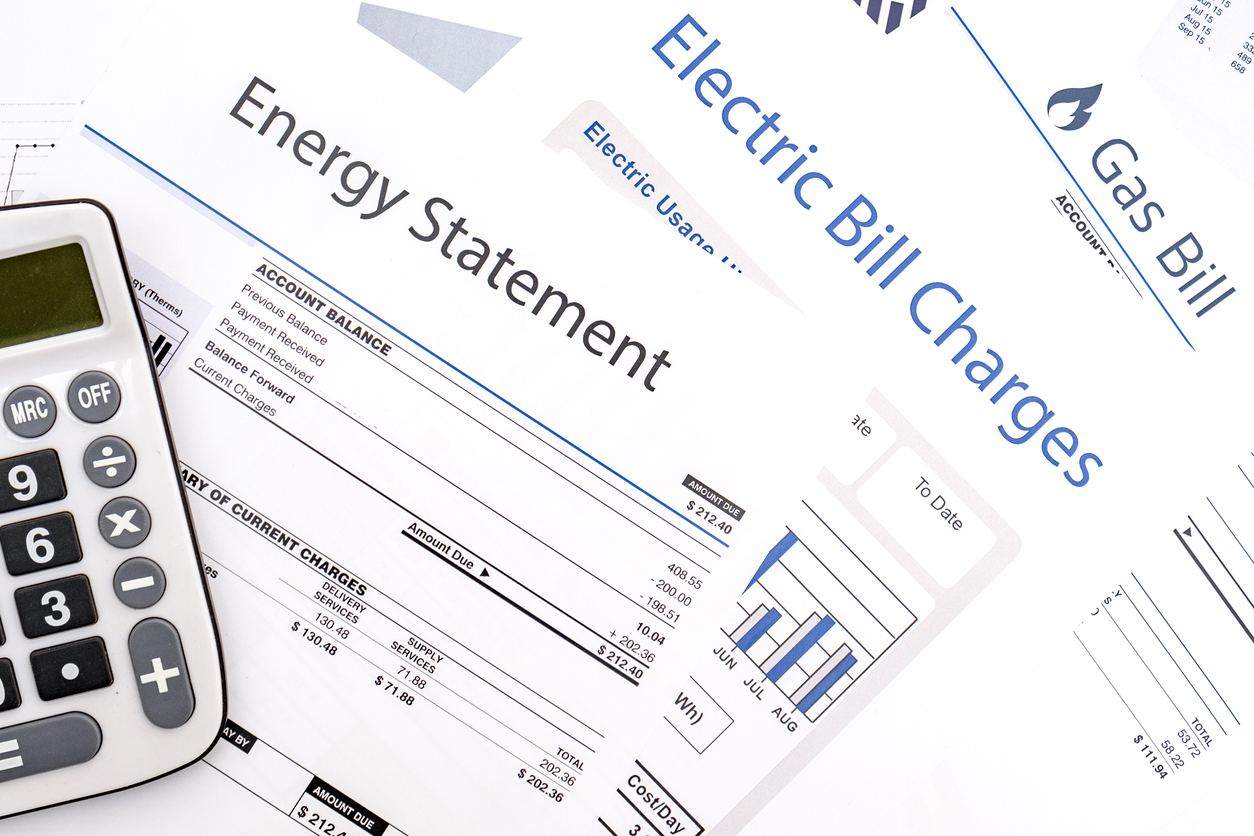AARP Hearing Center
Guest blogger Laurel Peltier is an AARP Maryland lead advocacy volunteer and journalist.Does it seem like you're constantly inundated with sales pitches from third party energy suppliers? Are you getting phone calls offering cheap rates if you switch? Or even sales people selling door-to-door?

AARP Maryland has noticed them too! We’ll help you get up-to-speed on what they’re offering and why we're stepping in this year in Annapolis to better protect our members. Lastly, we’ll explain why it’s worth your time to check your utility bill.
DEREGULATION
The presence of third party energy suppliers is a direct result of a wide-sweeping energy deregulation law signed in 1999. This legislation opened the door to energy retail competition and allowed consumers to purchase their electricity or natural gas supply from third-party suppliers, as well as from their local utility. The idea was that a deregulated energy market would provide consumers with choices, spark competition, and save everyone money.
CONFUSION. AND HIGHER PRICES.
If this all seems a bit confusing, you’re not alone. AARP Maryland noticed that our members are being heavily marketed. Worse, we noticed many are paying higher prices for the same energy offered by BGE, Pepco, Delmarva, Potomac Edison or SMECO.
LEGISLATIVE SOLUTIONS
During the Maryland 2020 General Assembly we’ll be supporting new laws that intend to provide stronger consumer protections and protect our members who are receiving energy assistance to pay their utility bills.
VIGILANCE
If you do switch to a deregulated supplier the contracts are tricky contracts and must be continually monitored. Suppliers can charge pricey variable rates and expensive early termination fees.

Here is a short video to help you determine if your utility account is enrolled with an energy supplier other than your local utility, and if you’re saving or losing money:
<
- You are not required to choose an energy supplier. Your account’s default energy supplier is your local utility. Their electric and gas rates are regulated. Utilities offer fixed electricity rates that change twice a year. Natural gas is a variable rate.
- Only switch if you know your utility rate to compare. On your monthly utility bill is a box called Supply Prices to Compare. Electricity is around 7 cents per kilowatt hour. Gas prices are found online.
- Read supplier contracts carefully. It pays to understand the terms and conditions as these contracts are often tricky. Most contracts offer lower promotional teaser rates that jump to high rates. Most contracts automatically renew. Keep your eyes open for renewal letters that spell out the rates the supplier plans to charge your account. If you do nothing, you will be charged those renewal rates.
- Avoid natural gas suppliers. AARP Maryland did a quick energy supplier pricing scan and noticed that no natural gas supplier offers gas rates that beat utility rates. AARP Maryland has seen super high supplier natural gas rates charged. Be careful.
































































